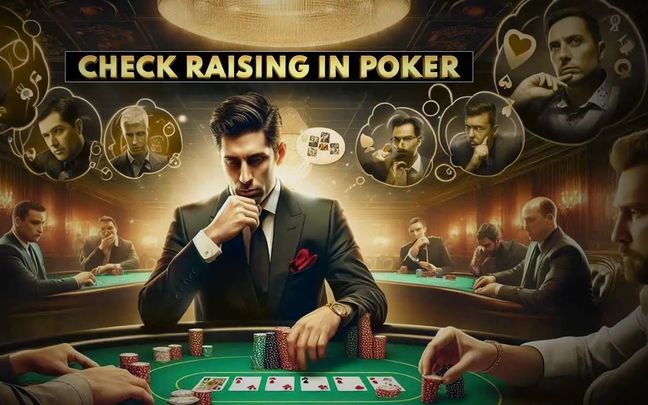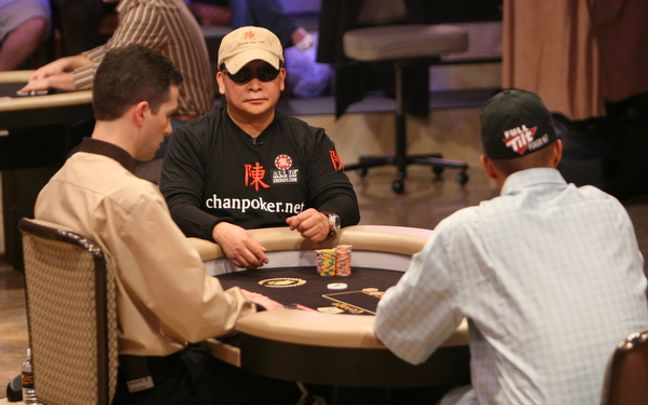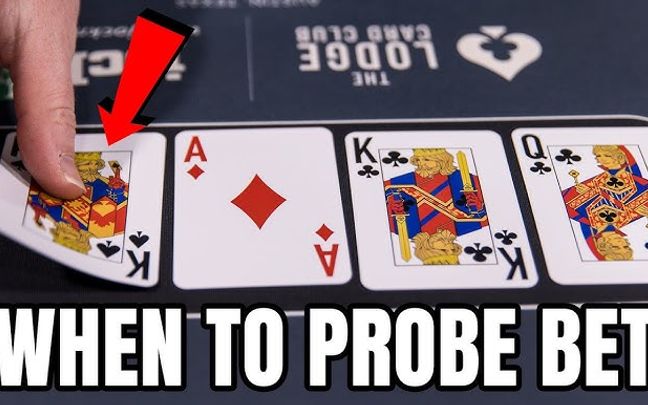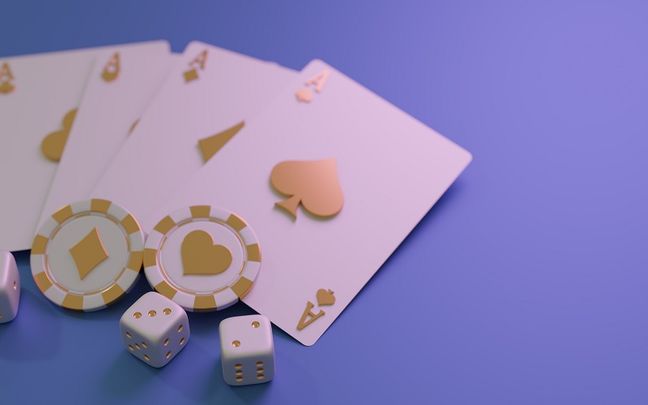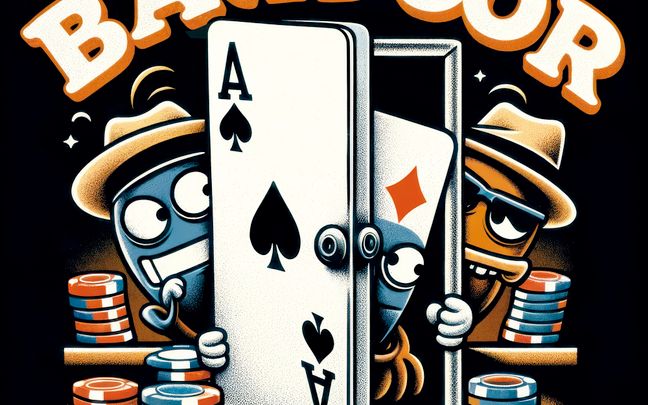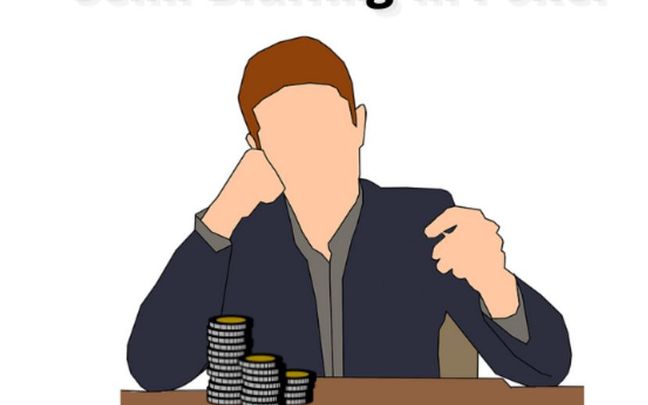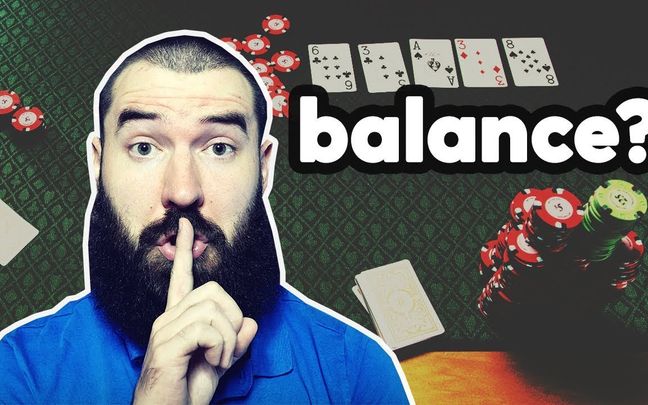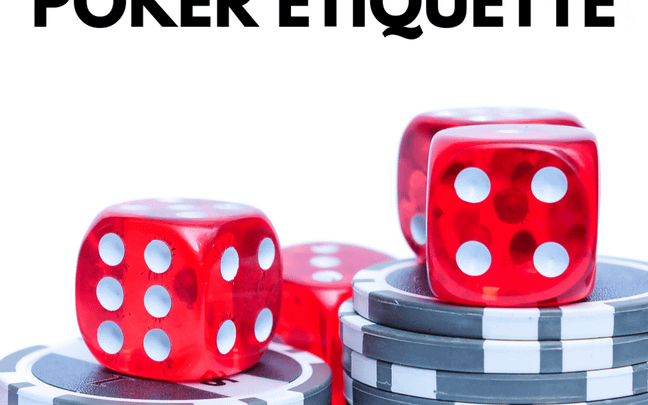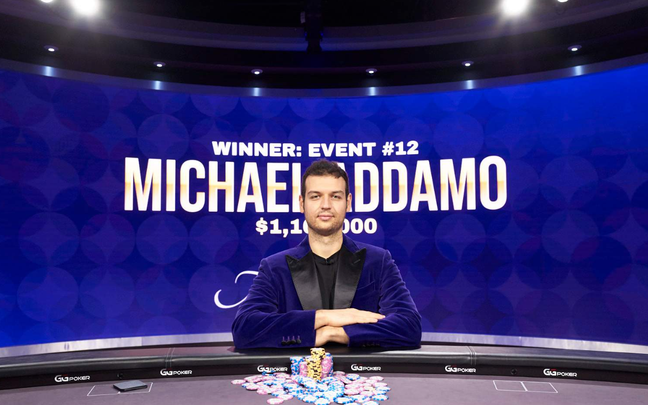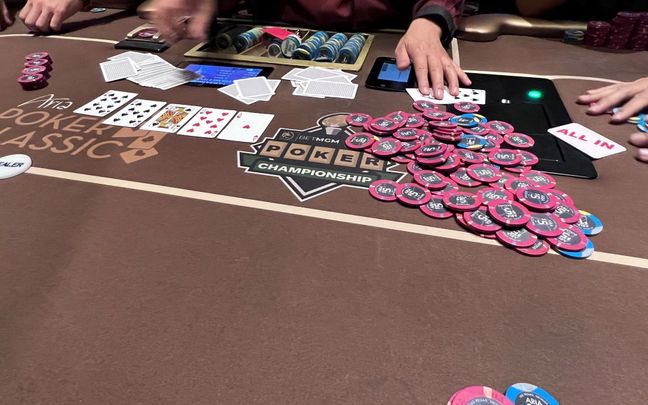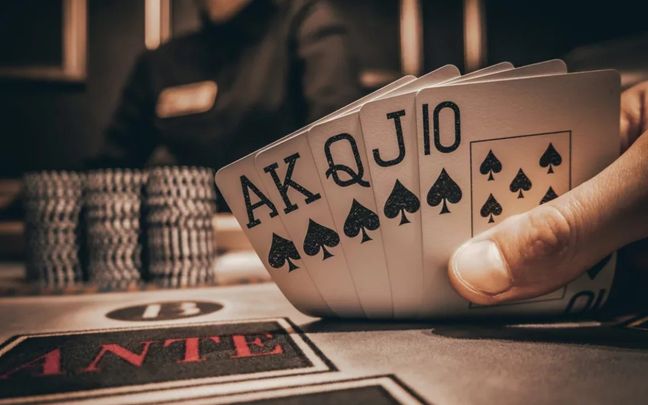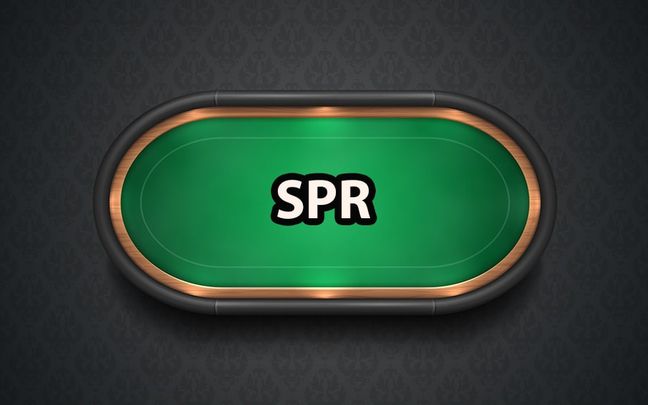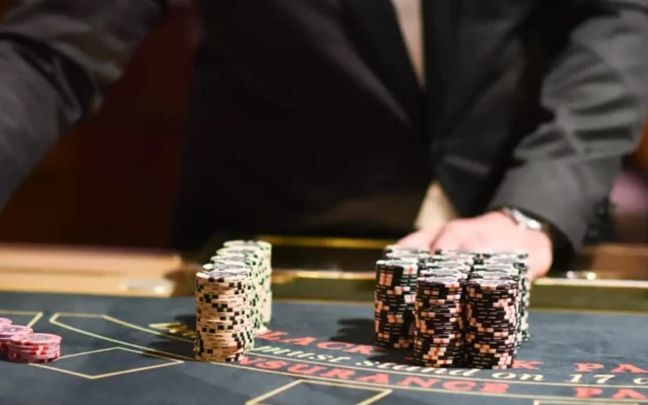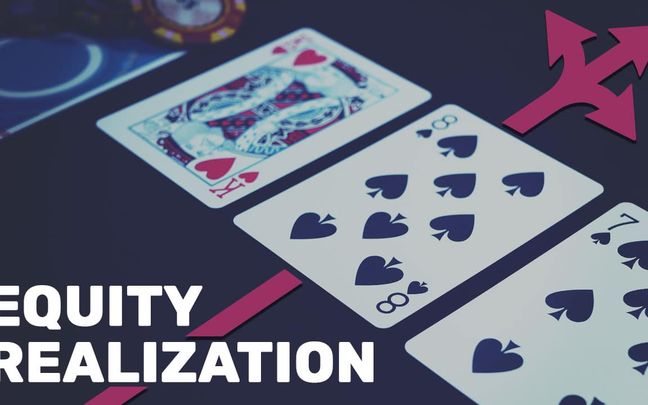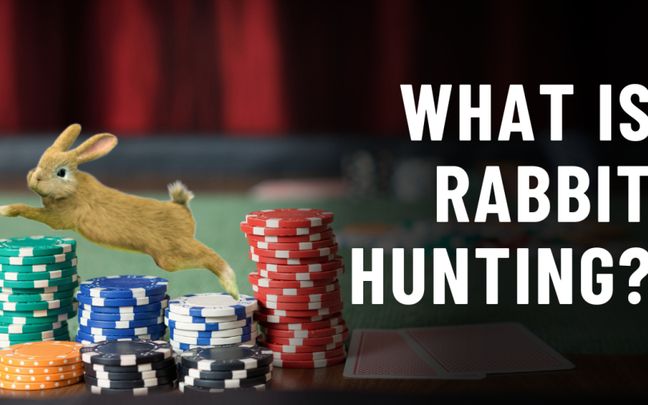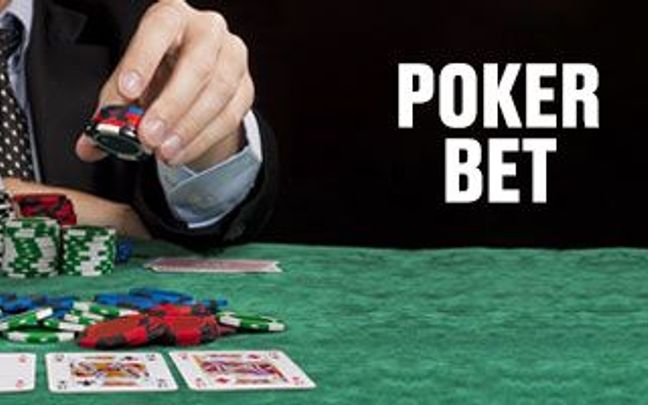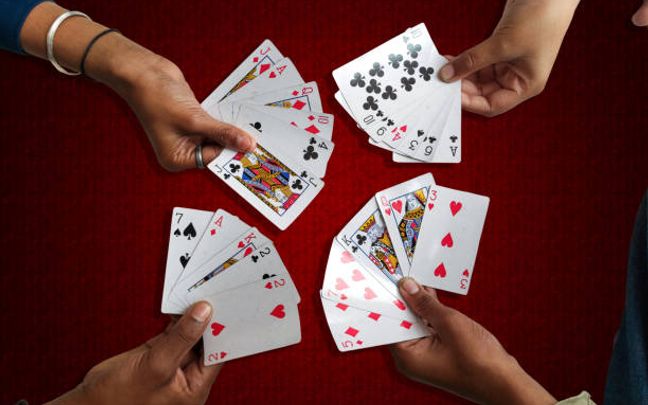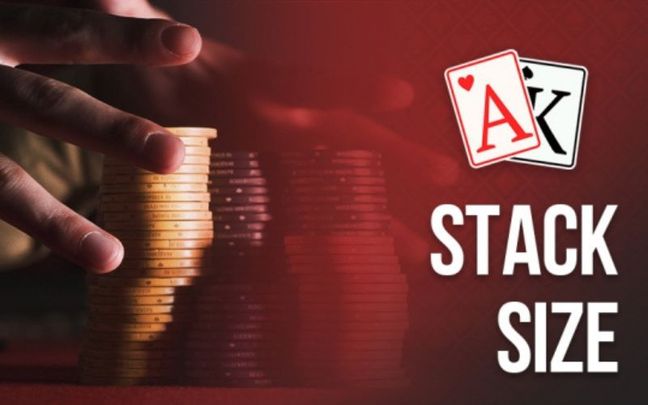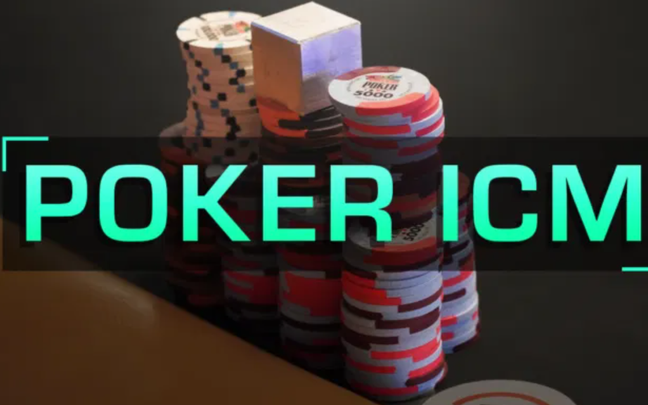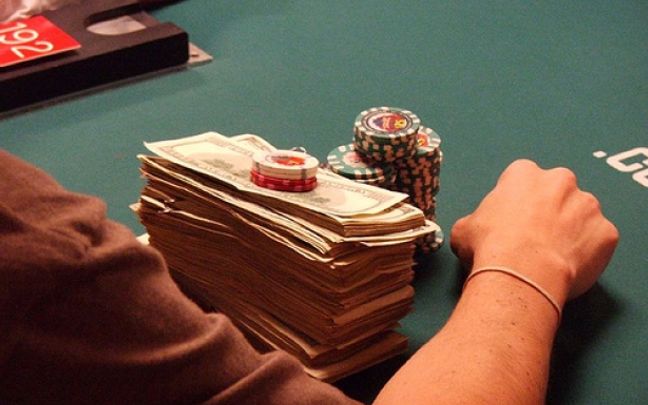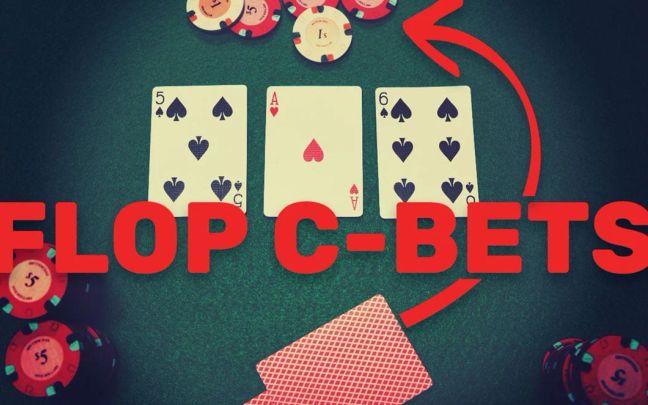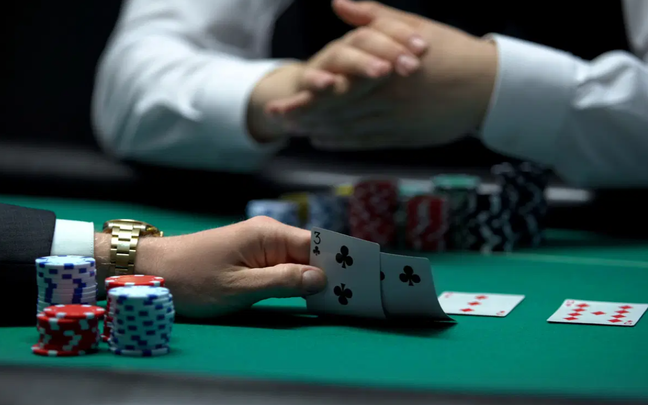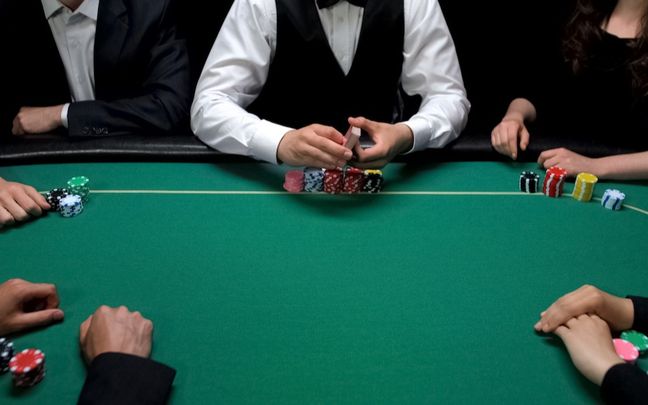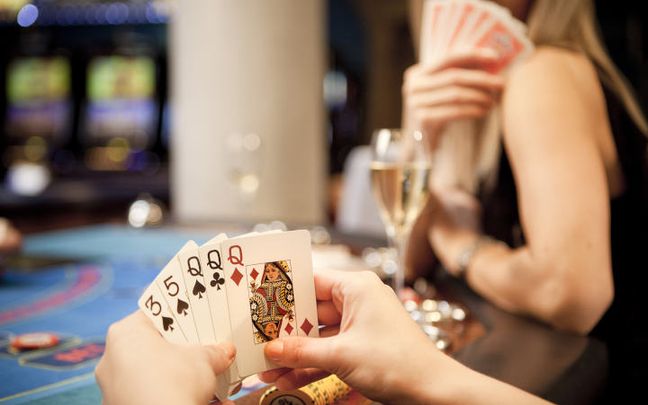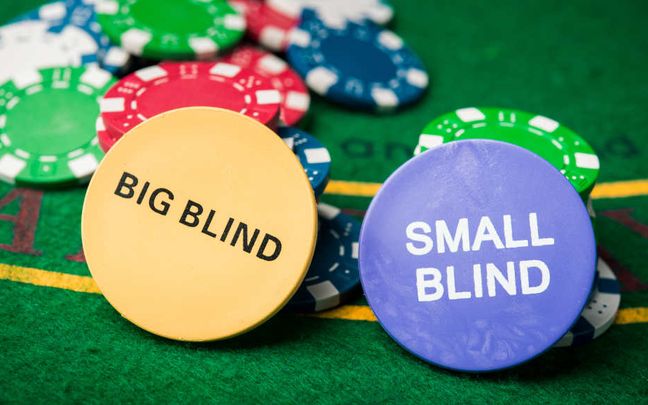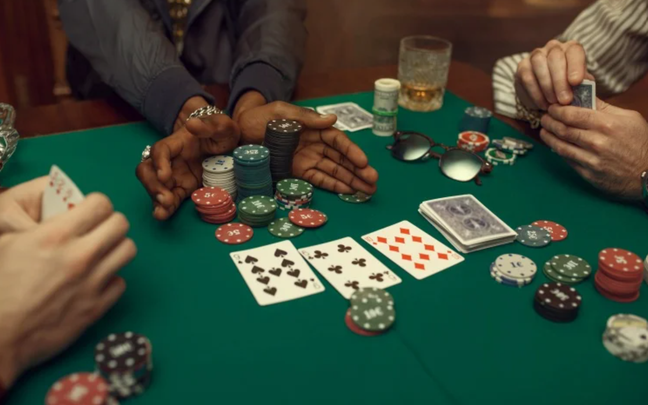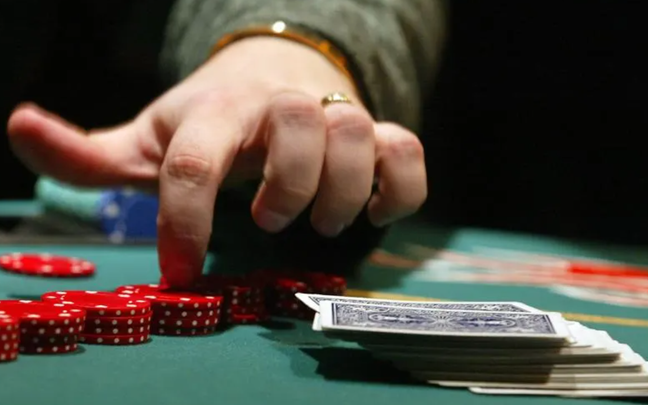In the competitive world of poker, the bluff tips in poker is a technique and an art that helps players get ahead of their opponents using psychological tactics. To become a successful poker player, understanding and applying the bluff properly is key.
So how do you bluff effectively and avoid common mistakes? The shares in the article will help you improve your bluff skills in poker, thereby optimizing your chances of winning.
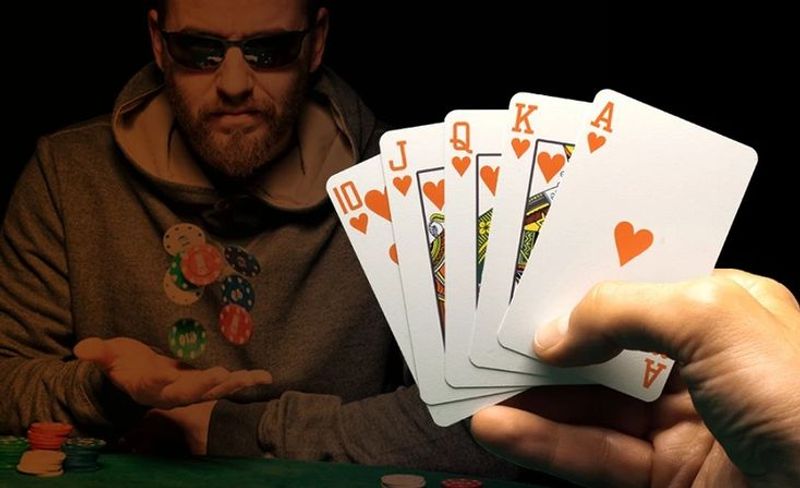
What is the Bluff tip in poker?
The bluff tips in poker is a tactic that players use to make their opponents believe that they have a stronger hand than they are. The purpose of the bluff is to force the opponent to fold, even if the player has a weak hand or no chance of winning.
There are two main types of bluff in poker:
-
Pure Bluff: This is when the player has no chance of winning with the current hand, but still bets or raises to scare the opponent and fold.
-
Semi-Bluff: This is when the player has an incomplete hand, but still has a chance to improve to a stronger hand in the next rounds. Semi-bluff takes advantage of both the ability to make the opponent fold or improve the hand to win the next round.
Bluff requires players to read the situation well and understand their opponents well. Factors such as sitting position, opponent behavior, how they bet, and the size of the pot can all influence the bluff decision. The bluff trick in poker is also risky, if the opponent catches the bluff (call or raise), the player can lose a large amount of money.
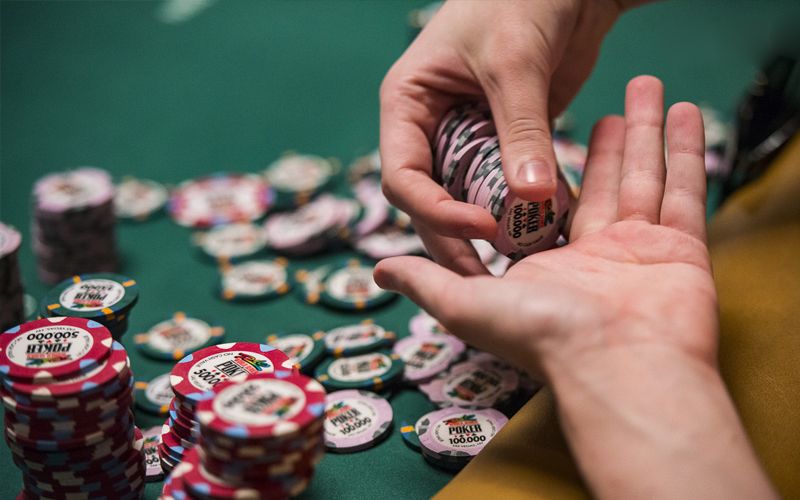
Is the Bluff tip in poker necessary? When and when not to use bluff in poker?
The bluff trick in poker is an integral part of tactics in poker and has an important role to play in making the game more complex and engaging. However, whether bluff is necessary or not depends on many factors; including individual playing style, level of game, and opponent behavior. Here are some reasons why bluff may be necessary.
Creating Uncertainty
If a player only bets when they have a strong hand, their opponent will quickly recognize and only call when they have a better hand. Bluff helps to make your gameplay more unpredictable, making your opponents guess about the true strength of your hand.
Get the most out of your competitors
Bluff can make your opponent call when they have a weaker hand, thus increasing your chances of winning a bigger pot when you have a strong hand.
Gain control
Bluff allows players to take control of the game by putting pressure on their opponents. This is especially important in head-up situations or when playing with passive players.
Taking advantage of the situation
There are specific situations in poker, such as when you are in a late position or when all the signs indicate that your opponent has a weak hand, bluff may be the best option to win.
However, bluffing is not always necessary. Here are 03 situations when you shouldn't bluff.
- Opponents are not easy to give up: If you are playing with opponents who are always calling all bets, bluffing will not be effective.
- Not having enough information about the opponent: Bluff requires a deep understanding of the opponent's behavior and habits. If you don't have enough information, bluff can become very risky.
- The opponent has a strong hand: If the signs indicate that the opponent has a very strong hand, a bluff can lead to large losses.
Bluff is a powerful tool in poker, but it needs to be used intelligently and strategically. Understanding when to bluff and not to bluff will help you become a more effective poker player.
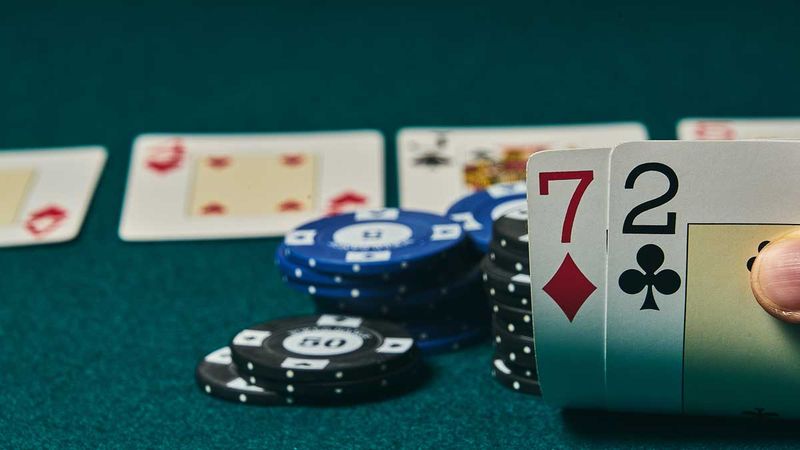
Don't overdo bluff, choose the right time.
Tips for a successful bluff in poker
Successful bluff tips in poker require a combination of skill, experience, and understanding of the opponent and the situation at hand. Here are some of the key factors and strategies needed for a successful bluff.
Understand your competitors
Opponent personality: Recognize whether the opponent is a cautious player or an aggressive player. Cautious players are more likely to fold under pressure.
Playing Habits: Observe how your opponent bets, calls, raises and folds in previous hands. This helps you recognize opportunities to bluff effectively.
Choosing the right time
Sitting position: Bluff is usually more effective when you're in the late position, as you can see how your opponent is acting before making a decision.
Board: Bluff is usually effective on scary boards, such as when there are large cards or when there is a possibility of creating strong hands such as a flush or barrel.
Bet sizing: The bet must be reasonable for the situation. If the bet is too big, it can make the opponent suspicious. If the bet is too small, it may not be enough to intimidate the opponent.
Tell a logical story
Actions that fit the story: Make sure that the way you bet, raise, and call matches the story you want to tell. For example, if you want to pretend to have a strong hand, start with raising early and continue to bet big on later rounds.
Consistency in gameplay: Don't change your playing style abruptly when bluffing. This can make your opponent suspicious and easily detect your bluff.
Read the case
The opponent has a weak hand: If the opponent only calls without raising, they may have a weak hand and are easy to fold when under pressure.
Small pots: Bluff is usually more effective in small pots, where the opponent doesn't want to invest extra money to test your hand.
Controlling emotions
Stay calm: Don't let emotions dominate your decisions. Bluff requires calm and confidence.
Don't overuse bluff: If you bluff too often, your opponent will quickly notice, and you'll lose the element of surprise.
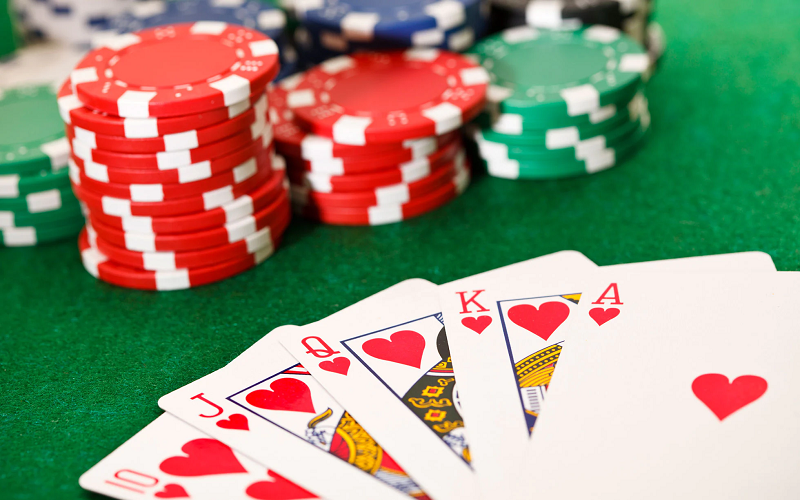
Use the position at the end of the table to increase your chances of bluff success in poker.
Bluff Tips in Poker – Mistakes to Avoid When Bluff
The bluff trick in poker is an important technique, but it is also easy to make mistakes if not done properly. Here are some common bluffing mistakes that players need to avoid.
Bluff too often
If you bluff too much, your opponent will quickly recognize and call you with a weaker hand. This takes away the element of surprise and makes your bluff ineffective.
Choosing the wrong opponent to bluff
Bluff Loose Players: Loose (or call) players will easily call your bluff bets. Better to bluff tight players who tend to fold when under pressure.
Bluff new or inexperienced players: These people often don't have a good understanding of strategy and can call you with a weak hand.
Bluff at the wrong time
Bluff in big pots: Bluff in big pots is often risky because opponents tend to call when they have invested a lot in the pot.
Bluff on the flop is not suitable: If the flop-out cards are more likely to produce a strong hand such as a flush or barrel, the bluff will be less effective.
Not telling a logical story
Inconsistent action: If you bet big on the flop but check on the turn and river, your story doesn't make sense and your opponent will be suspicious.
Not building the right image: If you play too many weak hands and bluff frequently, your opponent will recognize and call you easily.
No control over bet size
A bet that is too small will not be enough to intimidate the opponent, while a bet that is too big will make the opponent suspect that you are bluffing.
Unable to read the situation
Don't observe your opponent: If you don't pay attention to how your opponent is playing, it will be difficult to tell when they have a strong or weak hand.
Not paying attention to the position: Bluffs from the first position is often less effective because you have to act first and don't know the reaction of the opponents behind you.
Revealing signs
Behavior changes: If you have body signs or change the way you play when bluffing, your opponent can recognize and exploit them.
Not keeping calm: Stress or lack of confidence when bluffing may be noticed by opponents.
Bluff when there are many competitors
Bluff on multiple opponents: Bluff is most effective against one or two people. When there are many people in the pot, the probability of someone calling you is higher.
Don't know when to stop
Try bluff multiple times in the same hand: If bluff doesn't work the first time, consider before continuing to bluff in the same hand. Your opponent may have realized your strategy.
Bluff is an important and essential skill in poker, but to perform successfully, players need to have flair and, an understanding of their opponents and specific situations. Avoiding the above mistakes will help you improve your chances of success when implementing the bluff trick in poker.
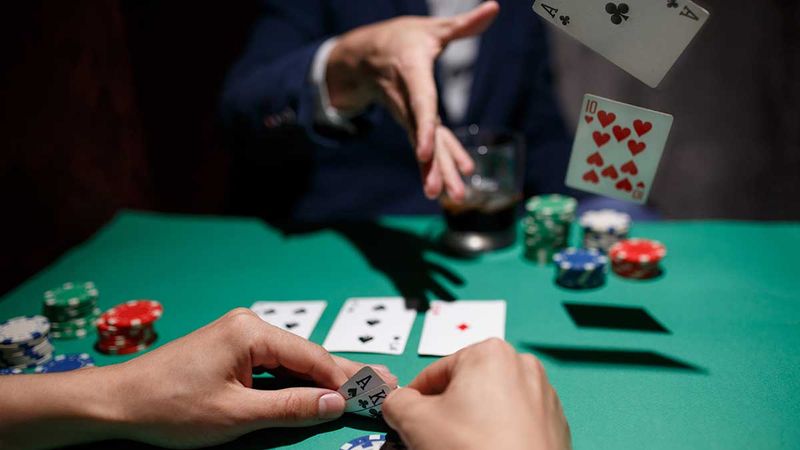
Avoid bluff in large pots and when there are many opponents.
By mastering the bluff tips in poker and avoiding common mistakes, you can make your gameplay more flexible and unpredictable, thereby increasing your chances of winning.
Remember that bluffing is not only about deceiving opponents but also the art of psychological control and creating situations in your favor. With practice and perseverance, you'll become a bluff master in poker, turning each hand into an opportunity to showcase your excellent skills and strategies.
